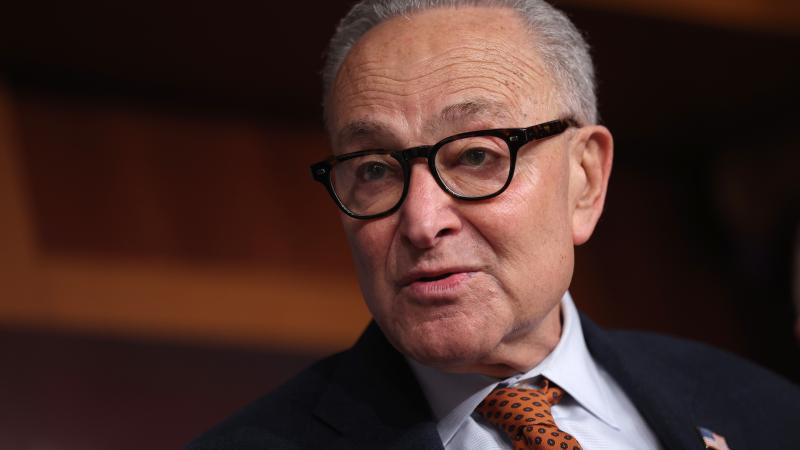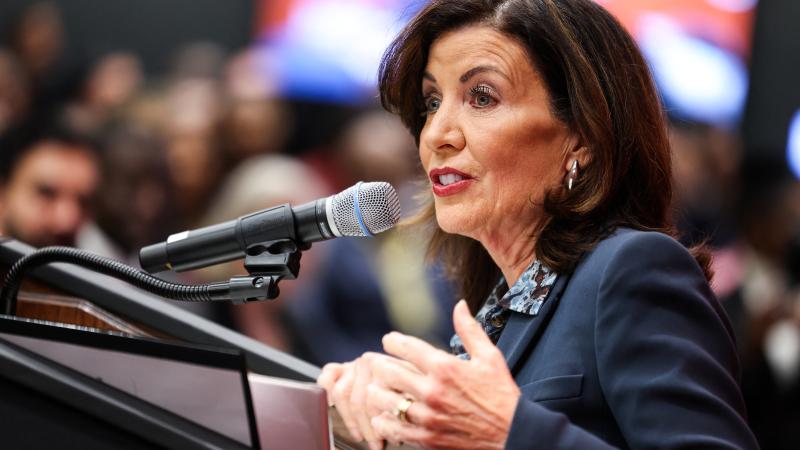FBI 'secret spy plane surveillance' is outlined in case involving suspected terrorist
The planes "followed him" and would circle his home "for hours on end," the defense argued.
The Federal Bureau of Investigation's (FBI) use of so-called "secret spy plane surveillance" is under scrutiny after the defense attorney for a Florida man accused of terrorism filed a motion to review the program.
The Department of Justice accused Muhammed Momtaz Al-Azhari of planning to carry out a terrorist attack on behalf of the Islamic State, for which he was arrested in May 2020.
Al-Azhari's attorney filed a motion in August to suppress the FBI's aerial evidence.
"The FBI operates a secret spy plane surveillance program," federal public defender Samuel Landes wrote. The Associated Press first reported on the program in 2015, and the FBI admitted to it shortly thereafter.
The Baltimore Police Department used similar warrantless aerial surveillance, but in June, the U.S. Fourth Circuit Court of Appeals found that the program's "warrantless operation [violated] the Fourth Amendment."
At least nine FBI planes were used to surveil Al-Azhari without a warrant, Landes alleged, creating more than 900 videos that were provided to the defense. The planes, mostly small Cessnas, would circle his home "for hours on end. When Mr. Alazhari left his home, the planes followed him, including when he drove his car, and including when he traveled long distances," Landes wrote.
Because the government did not obtain a warrant, the defense argues that the search was "unreasonable under the fourth amendment" and evidence obtained from the surveillance "must be suppressed."
The Epoch Times reports that the Department of Justice responded to the motion in September by arguing that the FBI's surveillance was mischaracterized.
"The surveillance conducted in this case is not novel, nor did it involve highly invasive or extensive monitoring that would raise constitutional concerns," prosecutors wrote, adding that even if it were a search, it would be legal.
The FBI was "leaving nothing to chance," prosecutors said. "At the time aerial surveillance ramped up, the FBI had every reason to believe that the Defendant was planning an imminent attack."
The defense filed another motion stating that Al-Azhari may be mentally unfit for trial. They requested him to undergo a mental health exam, the Tampa Bay Times reported. The judge granted the defense's request earlier this month, The Epoch Times stated, adding that a "status conference is set for Jan. 18."















